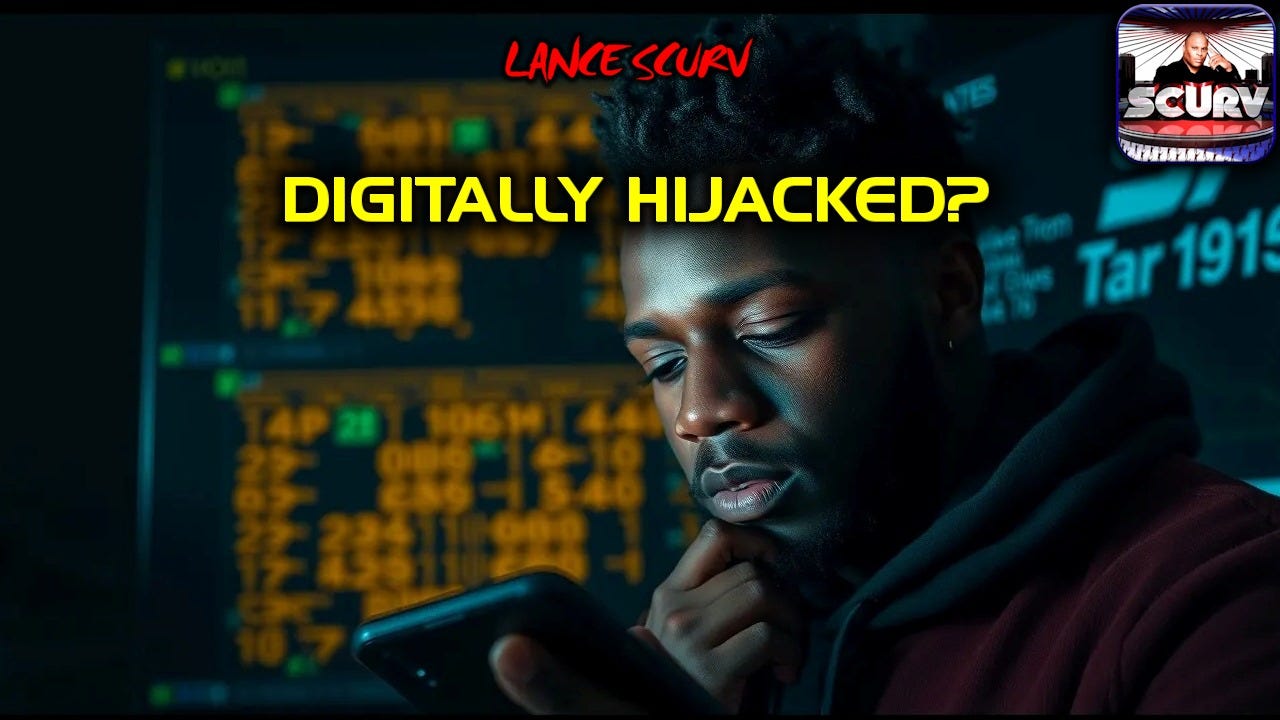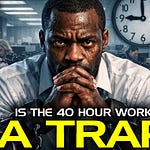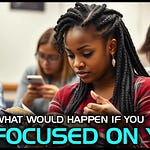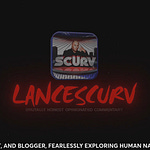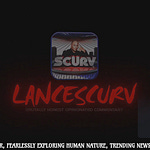The glow of screens has replaced the warmth of face-to-face conversations, we must pause and ask: What have we sacrificed in exchange for convenience and constant connection? The digital revolution promised us greater communication, efficiency, and access to knowledge, yet here we are—more disconnected, distracted, and divided than ever before.
Over the past few decades, cyberspace has redefined nearly every aspect of our lives—from how we work and date, to how we think and feel. But in this transformation, something sacred was lost: our deep human connection.
10 Ways Society Has Been Digitally Hijacked
1. Social Media Replaced Real Relationships
Platforms like Facebook, Instagram, and TikTok have given the illusion of connection, but in reality, they've weakened authentic bonds, creating shallow interactions masked as friendships.
2. Digital Validation Replaced Internal Self-Worth
The dopamine hit of likes, shares, and followers has conditioned us to seek approval externally, leaving people empty when the validation stops.
3. 24/7 Connectivity Caused Mental Burnout
Always-on culture has blurred the lines between work and rest, pushing people into chronic stress and mental fatigue with no real downtime.
4. Virtual Lives Have Become More Important Than Real Ones
Many curate a digital persona that’s more polished than their real selves, leading to anxiety, impostor syndrome, and the loss of self-awareness.
5. AI and Algorithms Decide What We See and Think
Big Tech platforms manipulate attention spans and belief systems using algorithms that prioritize profit over truth, polarizing society and fueling misinformation.
6. The Death of Serendipity and Spontaneity
Every interaction is planned, filtered, and edited. The raw beauty of spontaneous human connection is becoming extinct.
7. Kids Are Growing Up Without Emotional Intelligence
Children raised on screens struggle with empathy, patience, and eye contact—skills developed only through human interaction, not through swipes and taps.
8. Addiction to Attention Has Diminished Depth
In the race for virality, content must be fast, loud, and shallow. Nuance, deep thought, and reflection are now endangered practices.
9. Face-to-Face Communication Is Becoming Awkward
People no longer know how to talk without distractions, how to listen deeply, or how to hold space in silence. Silence is now seen as uncomfortable instead of profound.
10. Our Humanity Is Being Monetized
Every click, like, and scroll is tracked, sold, and exploited—turning our lives into data for corporate profit, while making us feel less human and more like products.
The Cost of Convenience
We’ve traded eye contact for emojis. Laughter for LOLs. Conversations for comments. What was once humanly organic is now digitally manufactured. While technology has improved many areas of life, it has come at a high cost—our emotional intelligence, our sense of community, and our attention spans.
We no longer walk into rooms and greet people first; we check our phones. We can be at a dinner table with family yet mentally engaged in an Instagram reel or YouTube rabbit hole. Loneliness has surged despite the illusion of being “connected” to thousands.
A Generation of the Lonely Together
The saddest irony is that people feel more alone than ever, even while being digitally surrounded. This is because screens don’t hug you, comfort you, or truly listen. Likes don’t replace love. Viral clips don’t replace real conversations. And no Wi-Fi connection can substitute for the electricity between two people truly engaging in the moment.
We’ve lost our village, our tribe, our street-corner wisdom. We’ve lost the ability to read body language, to feel energy, to notice subtle cues of distress or joy in each other’s eyes. These things don’t come with an app—they come with presence.
Reclaiming Our Humanity
It’s time to unplug—not permanently, but intentionally. We must re-learn the beauty of a quiet walk without earbuds. The intimacy of an unfiltered conversation. The value of being still without scrolling.
Digital detox must become more than a buzzword. It must be a movement of spiritual recovery, where we return to ourselves and to each other. Let’s re-teach our children how to play without screens. Let’s have real conversations without multitasking. Let’s sit with our pain, our joy, our confusion—with others beside us, not just behind a screen.
The Revolution Must Be Human
The future must not be digital-first. It must be human-first. Technology should serve us—not enslave us. And the only way forward is to reclaim what it means to be present, to feel, to relate, and to truly connect.
If we don’t course correct now, we risk becoming more machine than man—efficient, informed, and connected, but devoid of the very soul that makes us who we are.



